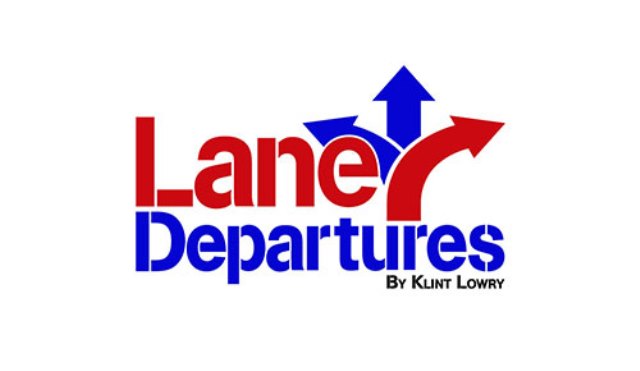For the last few decades, there’s been a certain breed of sanctimonious would-be life coaches out there spreading this idea that the key to professional happiness is to “follow your bliss,” that if you “do what you love, you’ll never work a day in your life.”
I get the feeling this quote was written by someone who literally never worked a day in their life, at least not at a real job. Nevertheless, it has been a very popular saying among people who like to present themselves as wise in a wind-chime tinkling, “embrace the universal energy” metaphysical kind of way.
But, as Isaac Newton’s Third Law of Motion teaches us, for every action there is an equal and opposite reaction. And for every herbal tea-sipping spiritual healer type, there’s a coffee-swilling cynic hell-bent on bringing the conversation back down to Earth. Ironically, at least in this situation, a lot of us gravitate to journalism.
In recent years there’s been growing pushback in the form of counterarguments to the “Do what you love” concept. First of all, it just isn’t practical. Many jobs – check that – most jobs aren’t anyone’s idea of a good time, but they have to get done. That’s why people get paid to do them.
And even if you did find something you really enjoy that you can get paid to do, once it’s your job obligations get attached, as well as standards, rules and deadlines. You can’t always do things the way you want; you have to answer to other people. Soon that thing you love doing isn’t the thing you love doing. Oh, you still may enjoy doing it compared to a thousand other kinds of drudgery, and at least you have that going for you, but don’t kid yourself. When you’re doing it for a living, it’s work.
But for a long time now, we’ve been fed this idea that self-fulfillment should be part of the compensation package for any “good” job. And if it isn’t, then there’s something inferior about that job. The social implication is that to work a job where you aren’t experiencing bliss is to be a failure.
This attitude had caused a lot of people to have a hard time handling the frustrations of the working world. I see a lot of that among truckers.
Recently, while doing my job, I’ve met a couple of drivers, Dave and David (yeah, that’s their real names) and when I compare my impressions of the two it brought the issue to mind. I interviewed Dave as he ate at a truck stop before heading out on an overnight drive. He drives at night because there are fewer hassles. I spoke with David in a morning phone interview while he was still basking in the glow of an award he’d won a few days earlier.
David has been a truck driver since the mid-’70s, and he wouldn’t have had it any other way. Dave started driving 10 years ago out of necessity when his business went belly-up. He does it because it’s the best paycheck he can make, plain and simple.
They seem to live on opposite ends of the occupational bliss scale. But they are more alike than you might think. They’re both grandfathers – in fact they have the same number of grandchildren. And on any given day if you gave either one a choice of being on the road or hanging out with the grandkids, you’d find their truck keys would be hanging on a nail somewhere.
They both came up in an era when people were taught work was for making a living, not to make life worth living. Relative job contentment aside, they both know the real happiness in their lives lies elsewhere.
You know, interviewing people can feel like happy hour with an old friend or like a nightmare blind date. I can honestly say I’m glad to have met both Dave and David. They gave me something to think about, and that’s one of the pleasures of this job.
Klint Lowry has been a journalist for over 20 years. Prior to that, he did all kinds work, including several that involved driving, though he never graduated to big rigs. He worked at newspapers in the Detroit, Tampa and Little Rock, Ark., areas before coming to The Trucker in 2017. Having experienced such constant change at home and at work, he felt a certain kinship to professional truck drivers. Because trucking is more than a career, it’s a way of life, Klint has always liked to focus on every aspect of the quality of truckers’ lives.







